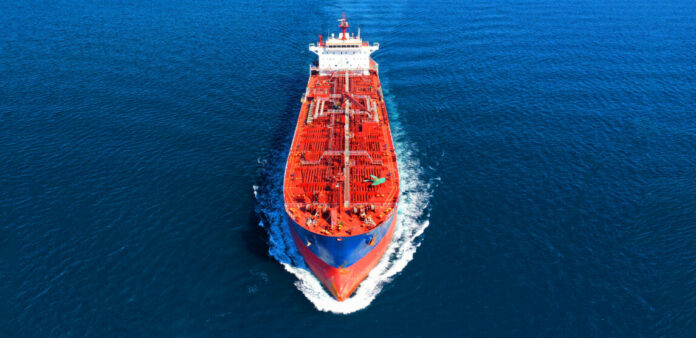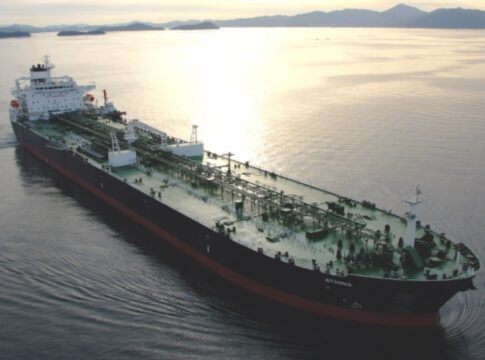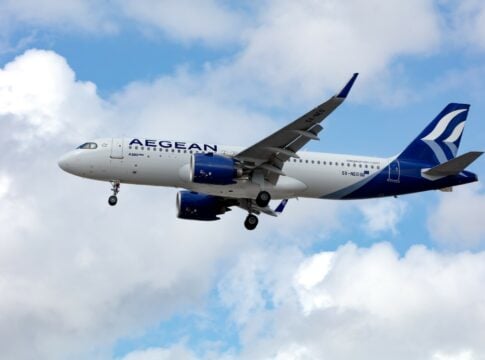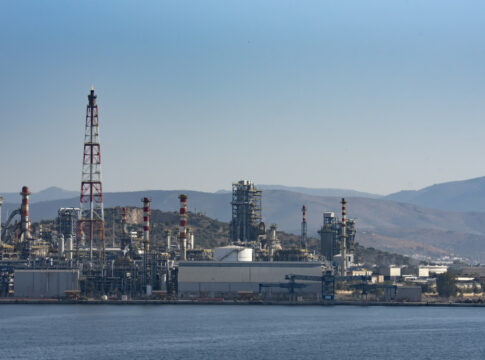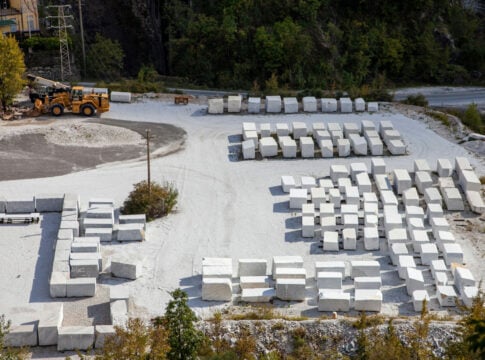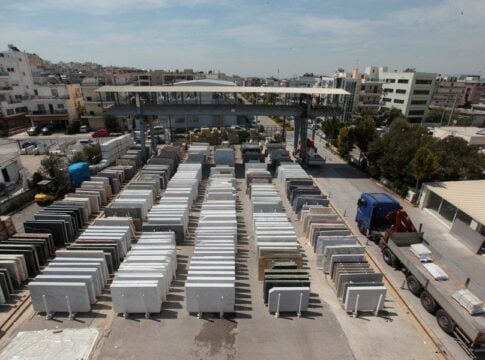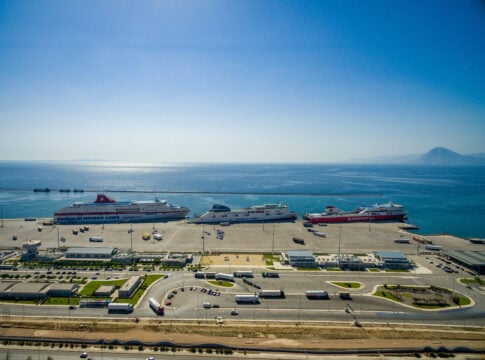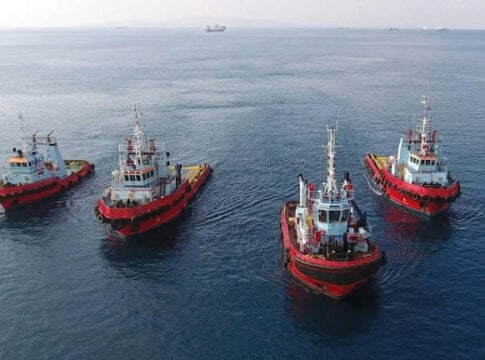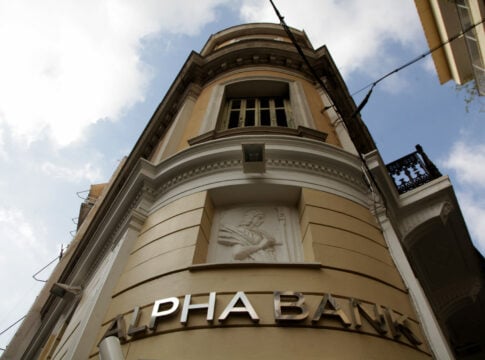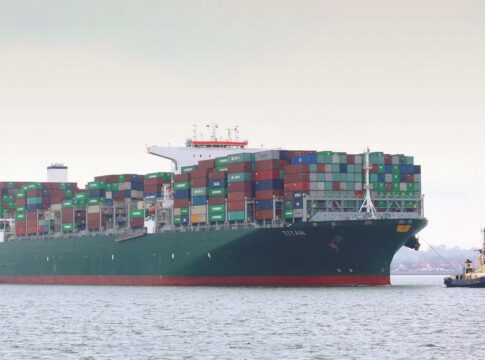The order book for new ships has skyrocketed, with Greek shipowners leading the tanker market, as 1 in 4 tankers in the water is Greek. According to data from the Xclusiv Shipbrokers, the Greek orderbook included a total of 606 ships by the end of April and covered the entire spectrum of commercial vessel categories.
The number of orders has remained stable at over 600 ships in recent times, despite the fact that new ones are constantly being delivered.
The “Greeks” have significantly increased their order book in the tanker sector compared to last year.
Specifically, of the 1,189 tankers currently under construction in the yards, 292, or 25%, belong to shipping companies of Greek interests.
At the same time, the Greek orderbook shows a great diversity between ship sizes, with aframax/LR2 tankers taking up the lion’s share, corresponding to 28% of the fleet in the water based on DWT.
Suezmaxes follow with similar numbers (28%) and MR2 tankers with a ratio of 16%.
In the remaining tanker categories, panamax/LR1 tankers under construction account for 14% of the existing fleet, small tankers for 7% and VLCCs also for 7%.
Looking at the age groups of tankers separately, 14% of the fleet is 0-5 years old, 20% 6-10 years old, 19% 11-15 years old, 29% 16-20 years old and 13% 21 years old and above.
Xclusiv data shows that the global order book amounts to 4,008 ships (bulkers, tankers, containerships, gas carriers), almost double the number from the corresponding period in 2022.
As for the remaining sectors, the order book of Greek shipowners amounts to 13% of bulkers under construction, 6% of containerships, 14% of LNG carriers and 16% of LPG carriers.
Bulkers and containerships
Specifically, according to the brokerage house, Greek shipowners have 167 bulk carriers on order, approximately 13% of the total orders (1,335 bulkers are on order in the rest of the world). In fact, the 37 orders have been signed after January 1, 2025.
In terms of sizes, approximately 54% concern panamaxes/kamsarmaxes and the remaining percentage the smaller categories of dry bulk carriers (handymaxes to ultramaxes).
In addition, Xclusiv data shows that a total of 28% of the existing bulk carrier fleet in terms of number of ships has exceeded 16 years of age (average 12.8 years).
The 16-20 year old age group currently includes 2,269 ships (16% of the total bulk carrier fleet), while one of the oldest fleets is the handysize sector, with an average age of 13.5 years.
In container ships, Greek orders remain stable (50), reaching 6% of the total.
It is noted that in 2025 a total of 103 orders have been placed, out of 787 ships being built worldwide.
Greek shipowners prefer neopanamax type ships, which constitute 68% of the total orders for containerships of Greek interests. Smaller feeders follow, with 18% of the orderbook.
Gas carriers
In the gas carrier sector, 97 ships have been recorded on order, while the global order book reaches 653.
Indicatively, 293 liquefied natural gas (LNG) carriers and 260 LPG carriers are currently being built worldwide.
In the LNG carriers sector, Greek shipowners are building 47 ships, corresponding to 14% of the ships being built worldwide.
Finally, in the LPG (Liquefied Petroleum Gas) sector, 50 ships are being built, a number corresponding to 16% of the ships being built worldwide.
According to Xclusiv’s analysis, the combination of the very good freight market in the sector with the high demand for ships of this type maintains strong investment interest in the Greek shipbuilding industry.
As highlighted, 91% of the orders concern LNG carriers with a capacity of 141,000-200,000 cubic meters, with 43 orders.
Correspondingly, in LPG, the top preference is for very large gas carriers (VLGCs), with 27 orders or 54% of the orderbook


